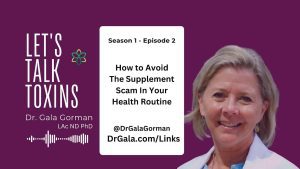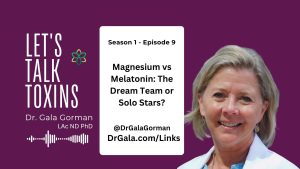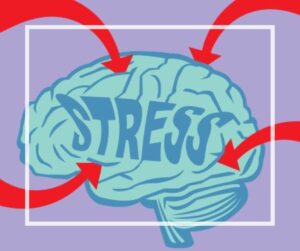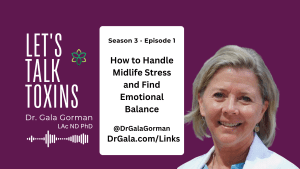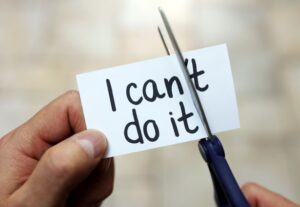If you’re struggling with insomnia, natural remedies can fine-tune your sleep patterns, promote tranquility, and enhance sleep quality.
As you move forward, understanding these treatments will inspire more restful sleep. So stick with it! You’re on your way to more peaceful nights.
There’s a treasure trove of home remedies that could provide you the peaceful sleep you’re dreaming of … pun intended.
Let’s explore the sleep-boosting potential of melatonin, valerian root, chamomile tea, kava, and tryptophan. With knowledge and the right approach, these remedies could be the magic key to unlocking a night of serene, uninterrupted slumber.
Dr. Gala’s Quick Take
Natural remedies to treat insomnia include practices like meditation and drinking herbal teas … particularly chamomile. These methods can help calm the mind and promote better sleep naturally.
Exploring The Benefits Of Melatonin

If you’re battling insomnia, many consider the natural solution of melatonin. This hormone plays a key part in managing our sleep-wake cycles and can assist in boosting your sleep quality.
Melatonin supplements have been proven to refine sleep patterns, particularly for older individuals and those dealing with depression. Taking a dose of 1 to 5 mg, 30 minutes to 2 hours before bed, can help you fall asleep faster.
But remember, while melatonin can bring about a significant change, it’s crucial to use the smallest effective dose to steer clear of possible side effects. Melatonin is a hormone and supplementation affects a delicate system your body relies on to maintain balance and overall health.
Your path to enhanced sleep quality starts with comprehending the benefits and risks. So, supplements should not be used long-term for more than a few months.
Valerian Root’s Sleep Influence

In your quest to overcome insomnia, you might discover a reliable friend in valerian root, an herbal extract celebrated for its tranquilizing effects and potential to boost sleep quality.
Long utilized as a natural remedy, valerian root is known for its calming qualities and its power to foster improved sleep rhythms. It’s not a temporary solution. The true strength of this powerful root is found in its incremental effect. Regular use may slowly balance your sleep cycle, helping you to address insomnia … from the roots.
Even though valerian root requires consistent use to accumulate benefits, it should not be relied on for periods exceeding a few months to prevent dependency.
While more exploration is required, valerian root’s popularity among those seeking natural remedies is growing. This ancient remedy may just lead you towards peaceful, revitalizing sleep.
Chamomile Tea and Insomnia

Enjoying a cozy cup of chamomile tea before bed might be the soothing routine you need to help ease insomnia and foster better sleep patterns. As a respected herbal solution, chamomile tea provides calming effects, which might ease your insomnia symptoms and promote sound sleep.
Its mild nature works gently, yet effectively, to enhance your sleep quality by lessening stress and anxiety. The flavonoids found in chamomile are thought to be the primary contributors, promoting sleep and calming anxiety.
Tapping into the strength of this natural aid might be your pathway to enhanced sleep, granting you the rest you need to embrace the day. Welcome chamomile tea, your potential friend in the battle against insomnia. Chamomile tea is safe to use in a long-term wind down routine to prepare for sleep.
Kava’s Sleep-Inducing Properties
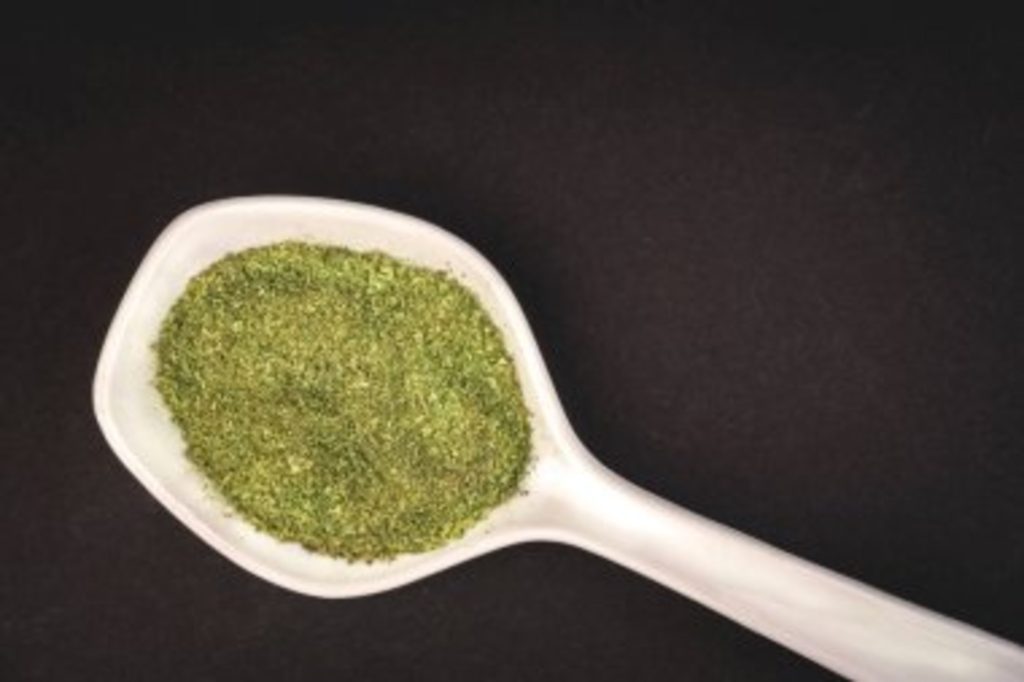
Another natural remedy you may want to consider to tackle your insomnia is kava. It’s a well-known herbal solution recognized for its ability to lessen stress and anxiety. This powerful herb has sleep-inducing properties that could help to eliminate your sleepless nights.
Hold off on rushing to your local health store for now. While kava’s ability to calm is well-known, it’s also associated with liver toxicity. This significant health risk has raised concern in the medical community, and it should in you too.
If you struggle to sleep through the night, it’s a strong sign of liver toxicity. You definitely don’t want to put further stress on an already stressed organ. It’s essential to balance the benefits and risks before choosing this herbal remedy for insomnia.
Tryptophan: Sleep Aid Role
Exploring your diet as a natural solution for insomnia, think about tryptophan, an essential amino acid that’s not just in your Thanksgiving turkey, but also in nuts and seeds. Tryptophan serves as a precursor for serotonin, a neurotransmitter that plays a critical role in promoting relaxation and sleep. By simply adjusting your diet, you’re supporting your body’s natural process to combat insomnia.
If dietary changes don’t do the trick, tryptophan supplements might be a viable choice. They’ve been connected to improved sleep quality by supporting the production of sleep-regulating hormones. But remember, while tryptophan is beneficial for sleep, excessive supplementation can lead to side effects. It’s a potent tool, but like all power, it must be applied wisely.
Behavioral Therapy To Treat Insomnia
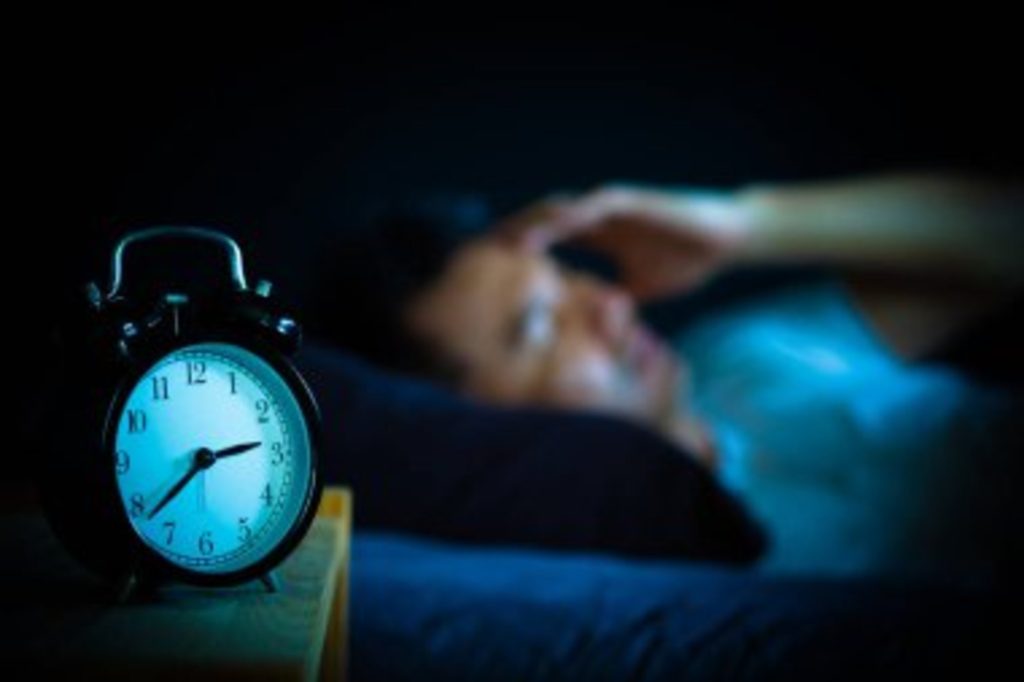
There are different methods used in behavioral therapy that can help to enhance your sleep.
It’s an encouraging step towards comprehending and handling your insomnia. It also helps to develop self-awareness and emotional regulation.
Understanding Behavioral Therapy
Behavioral therapy can effectively alleviate insomnia by fostering good sleep habits and addressing negative thoughts.
You can take charge of your sleep through behavioral therapy, a potent tool that allows you to guide your own behaviors and thoughts. This approach includes cognitive behavioral techniques, relaxation therapy, and stimulus control to help you combat insomnia.
Sleep hygiene, a vital part of this therapy, involves tweaking lifestyle habits for improved sleep. Behavioral therapy also equips you to face and alter the negative thoughts interrupting your sleep, ultimately leading to a more peaceful night.
This method places you back in control, aiding you to regain your nights and invigorate your days.
Techniques in Behavioral Therapy
Encouraging strategies used in behavioral therapy include restriction, relaxation therapy, and sleep hygiene education. These strategies have proven to be effective ways to improve your sleep quality and tackle insomnia.
Cognitive behavioral therapy, a method that handles negative thoughts and behaviors affecting your sleep, can be the catalyst and a turning point. Envision being in control of your mind, reforming your thought patterns to foster better sleep. And, imagine how your daily life will improve when you learn to control your thoughts.
Stimulus control, another essential technique, operates by linking your bed with sleep and nothing else, reinforcing a strong bond between sleep and your bedroom environment.
These techniques are strong allies on your journey to move past insomnia. With these tools, techniques and strategies at your disposal, you’re already making progress in your fight against insomnia.
Does Behavioral Therapy Work For Insomnia?
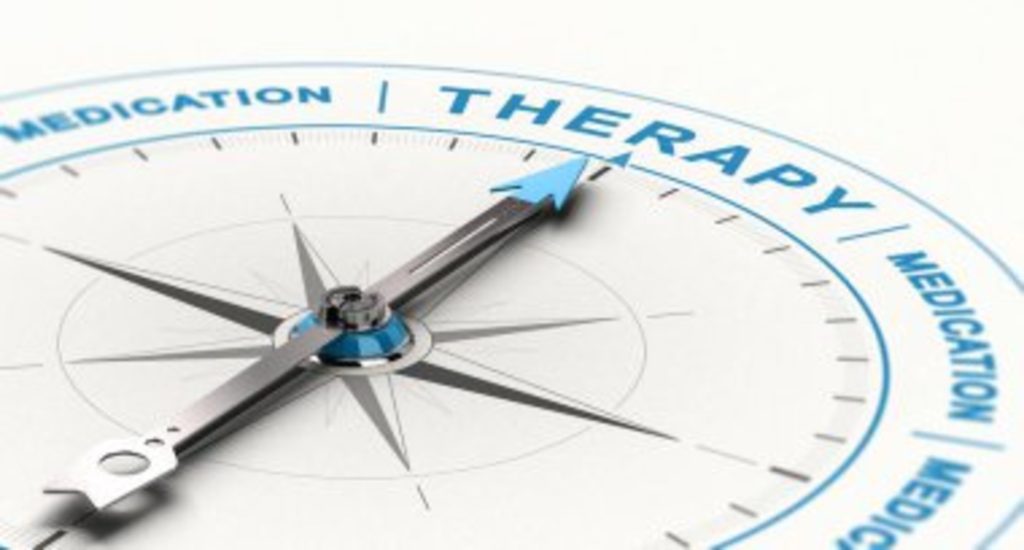
If you’re skeptical, it makes sense. It’s natural to wonder if behavioral therapy could effectively tackle your insomnia. The answer is a definite yes!
Behavioral therapy zeroes in on changing negative thoughts and behaviors that disrupt your sleep. For many, that’s all it takes to restore sound sleep.
Using cognitive behavioral therapy, techniques like sleep restriction and relaxation therapy are used to boost your sleep quality. Sleep hygiene is vital. It cultivates a setting that’s perfect for sound sleep.
A crucial element of behavioral therapy, stimulus control, enhances your sleep-wake links, building a solid connection between bed and sleep. So, when simple lifestyle shifts aren’t cutting it, view behavioral therapy as a “next level” weapon in your battle against insomnia.
Alternative Treatments for Insomnia

When you’re tossing and turning at night … watching the clock as the hours pass, restoring sleep may feel like an emergency. You might discover relief in alternative treatments for insomnia like herbal remedies, acupuncture, and relaxation methods. You have choices beyond conventional strategies.
As a reminder, melatonin supplements can be a powerful aid to help balance your sleep-wake cycles. They strive to boost your natural sleep pattern, potentially eliminating those restless nights. Herbal remedies, as well, might offer a solution. Valerian root and chamomile, for example, although evidence is limited, have been used for centuries to encourage sleep.
Acupuncture, a cornerstone of traditional Chinese medicine, presents another alternative. While it will require a series of treatments, it has been shown to enhance sleep quality, possibly providing the calmness your nights have been missing. And, don’t overlook the influence of relaxation techniques. Practices like progressive muscle relaxation, breathing techniques, and meditation can be keys to securing a night of peaceful sleep.
Lastly, regular exercise, including yoga and tai chi, can improve sleep quality. This isn’t about draining your energy. It’s about energizing your body to sleep well. Even sleep requires energy. So, explore these options and regain command over your nights.
Natural Sleep Aids vs. Sleeping Pills
While you’re exploring alternatives and weighing your options, you may want to compare natural sleep aids and sleeping pills to determine which might be the better fit for your lifestyle and sleep needs. Natural sleep aids, like melatonin and chamomile, are generally safer and less-habit-forming, reducing your risk of dependency. While they are not addressing the root cause of your sleep problems, they are preferable … buying you time to determine what is really disrupting your sleep.
Sleeping pills should only be prescribed for short-term use. Research backs up the positive effects of natural aids to improve sleep quality without the risks associated with sleeping pills. However, bear in mind, natural aids may require a bit more time to produce results. But wouldn’t you prefer a lasting solution to restore sleep quality over a quick fix?
It’s important to understand the benefits, risks, and potential interactions of your selected remedy. Choose wisely to prioritize long-term health over temporary relief. Have the courage to select natural sleep aids over sleeping pills. Dare to choose a life of quality sleep, and ultimately, a better you.
Treating The Root Cause of Insomnia

Sleep is a vital natural process that should consume 30% of our life. If that’s not happening, it’s important to tackle the root cause of insomnia. Understanding the underlying factors that disrupt your sleep can lead you to the peaceful nights you’re yearning for and improve your overall well-being in the process.
Start by pinpointing triggers, like stress or anxiety, that may be causing chaos with your sleep. Lifestyle adjustments may be required in this fight. Regular physical activity, a nutritious diet, and a steady bedtime routine can work miracles. These aren’t just adjustments; they’re investments in your well-being.
Think about natural remedies as part of your toolkit. Melatonin, valerian, or chamomile can boost relaxation and lessen anxiety, helping you to achieve quality sleep. But they shouldn’t replace the adjustments to your lifestyle that will address the root cause of the problem.
Underlying health issues could also be contributing to your insomnia. Addressing these head-on not only treats insomnia but improves your overall health. Overcome this challenge with knowledge, determination, and the right tools. You can defeat insomnia and restore your energy for productive days.
Key Takeaways
- Melatonin supplements assist in managing sleep-wake cycles and enhance sleep patterns.
- Valerian root and chamomile tea can encourage better sleep rhythms due to their soothing effects.
- Tryptophan, found in nuts and seeds, can foster relaxation and improved sleep.
- Behavioral therapy, including sleep restriction and relaxation techniques, can ease insomnia by promoting good sleep habits.
- Regular exercise and relaxation techniques like yoga, meditation, and acupuncture can boost sleep quality.
Conclusion
If you’re experimenting with new remedies, commit to the changes or at least a week and up to 6 weeks to evaluate what does and doesn’t work for you. You’re designed for restful sleep. Weith the right knowledge, you can make well-informed choices to treat insomnia and improve your sleep.
“If you came into my office, I’d ask you a lot of questions that would help us connect the dots … so that together we can deal with your toxic stress.
Every situation is unique and you need a plan that works for you. Not a one-size-fits-all solution.
If you’re thinking you can’t come into my office, don’t worry. I’ve created a program with all of my initial recommendations to help you unravel the mystery. You can use it at home and at your convenience.
So if you’re thinking that managing chronic stress just isn’t possible … or even the answer … for you, I want to show you what you may be missing.
And how you can identify the toxic stressors that are creating your symptoms with my Human Energy System Reboot. You can get started HERE.” – Dr. Gala




